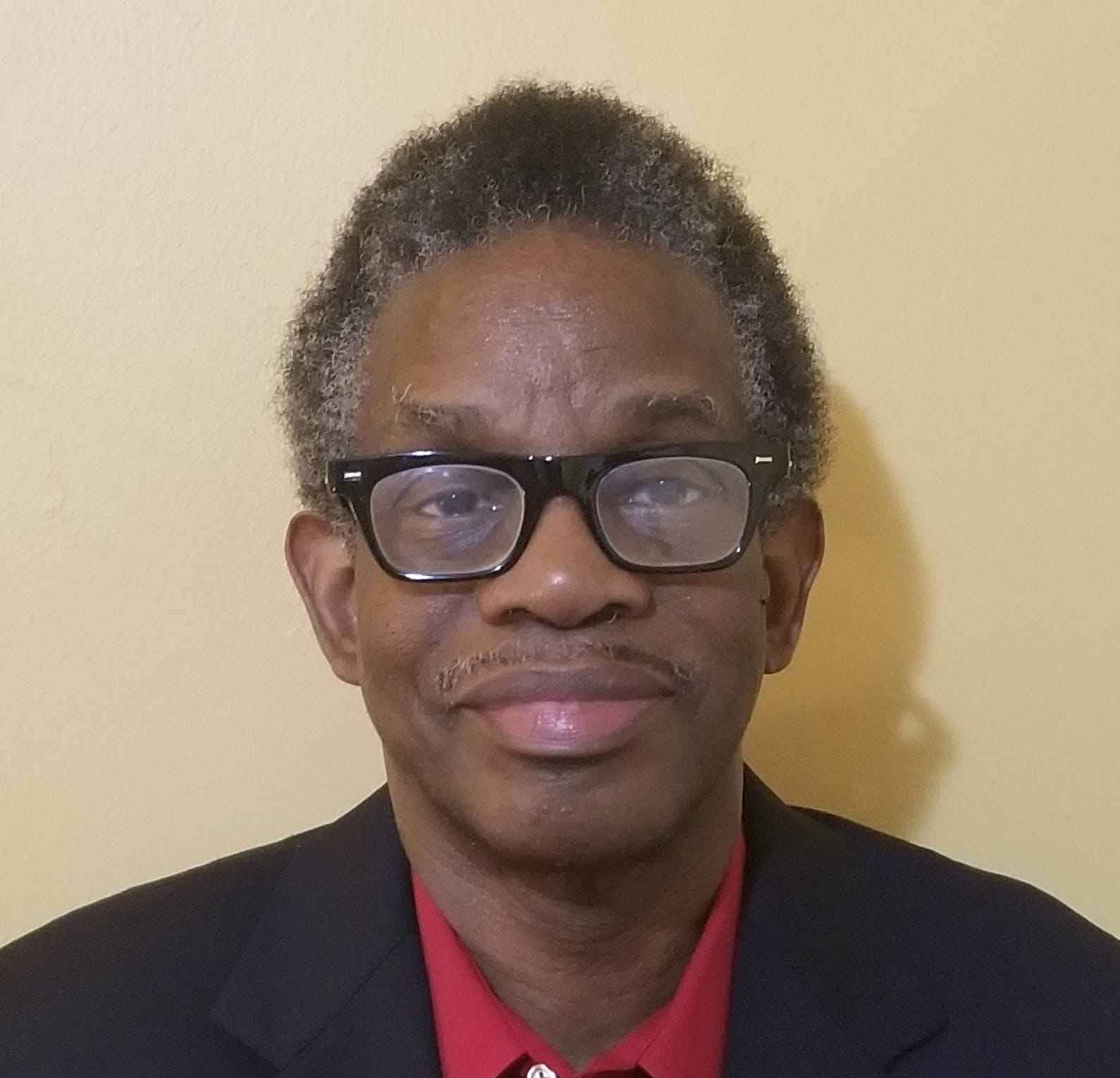
The Chris Hedges Report Podcast with Professor Clarence Lusane on our bifurcated historical memory and competing national symbols and monuments.
 2023-05-11
2023-05-11
When the new 20-dollar bill is issued in 2030 it is scheduled to have on one side a portrait of Harriet Tubman, the fiery abolitionist who made over a dozen clandestine trips south to free enslaved people and later served as a scout for the Union Army during the Civil War. The back of the bill is supposed to have a statue of the slaveholding 7th president, Andrew Jackson, who was one of the principal organizers of the genocidal campaigns against Native Americans. It is a bit like Germany issuing a bill with Ann Frank on one side and Adolf Eichmann on the other. This schizophrenia reflects the bifurcation within the country where the dwindling majority of whites often embrace the so-called white replacement theory, seeing in the effort to honor the nation’s diversity and own up to the sins of white supremacy, a campaign to erase them. The fight over symbols and monuments is grounded in this fear of dethronement, for as Erin L. Thompson writes “monuments aren’t history lessons---they’re pledges of allegiance.” Owning up to our past, the goal of critical race theory, shatters the myth perpetuated by white supremists that our racial hierarchy is not somehow engineered but the natural outcome of a meritocracy where whites are endowed with superior intelligence, talent and civilization, while Blacks deserve to be at the bottom of society because of their innate characteristics. Owning up to the past eradicates the whitewashing in textbooks, monuments, memorials and historical narratives and forces white Americans to grapple with a history every bit as evil as that perpetuated by German fascists. As Clarence Lusane, the author of “Twenty Dollars and Change: Harriet Tubman and the Ongoing Fight for Racial Justice and Democracy,” argues: “rolling out a Tubman twenty-dollar bill not only disrupts and diminishes the legacies of white supremacy that persist in official narratives, but that doing so is a necessary step toward diminishing and abolishing racist distortions of our political economy, health and medical institutions, and justice system.” Joining me to discuss this battle over national symbols and monuments is Professor Clarence Lusane, the director of the International Affairs program and former chair of the Political Science Department at Howard University.
This is a public episode. If you’d like to discuss this with other subscribers or get access to bonus episodes, visit chrishedges.substack.com/subscribe
More Episodes
 2024-07-16
2024-07-16
 2024-05-10
2024-05-10
 2024-04-30
2024-04-30
 2024-04-07
2024-04-07
 2024-04-06
2024-04-06
Create your
podcast in
minutes
- Full-featured podcast site
- Unlimited storage and bandwidth
- Comprehensive podcast stats
- Distribute to Apple Podcasts, Spotify, and more
- Make money with your podcast
It is Free
- Privacy Policy
- Cookie Policy
- Terms of Use
- Consent Preferences
- Copyright © 2015-2024 Podbean.com





